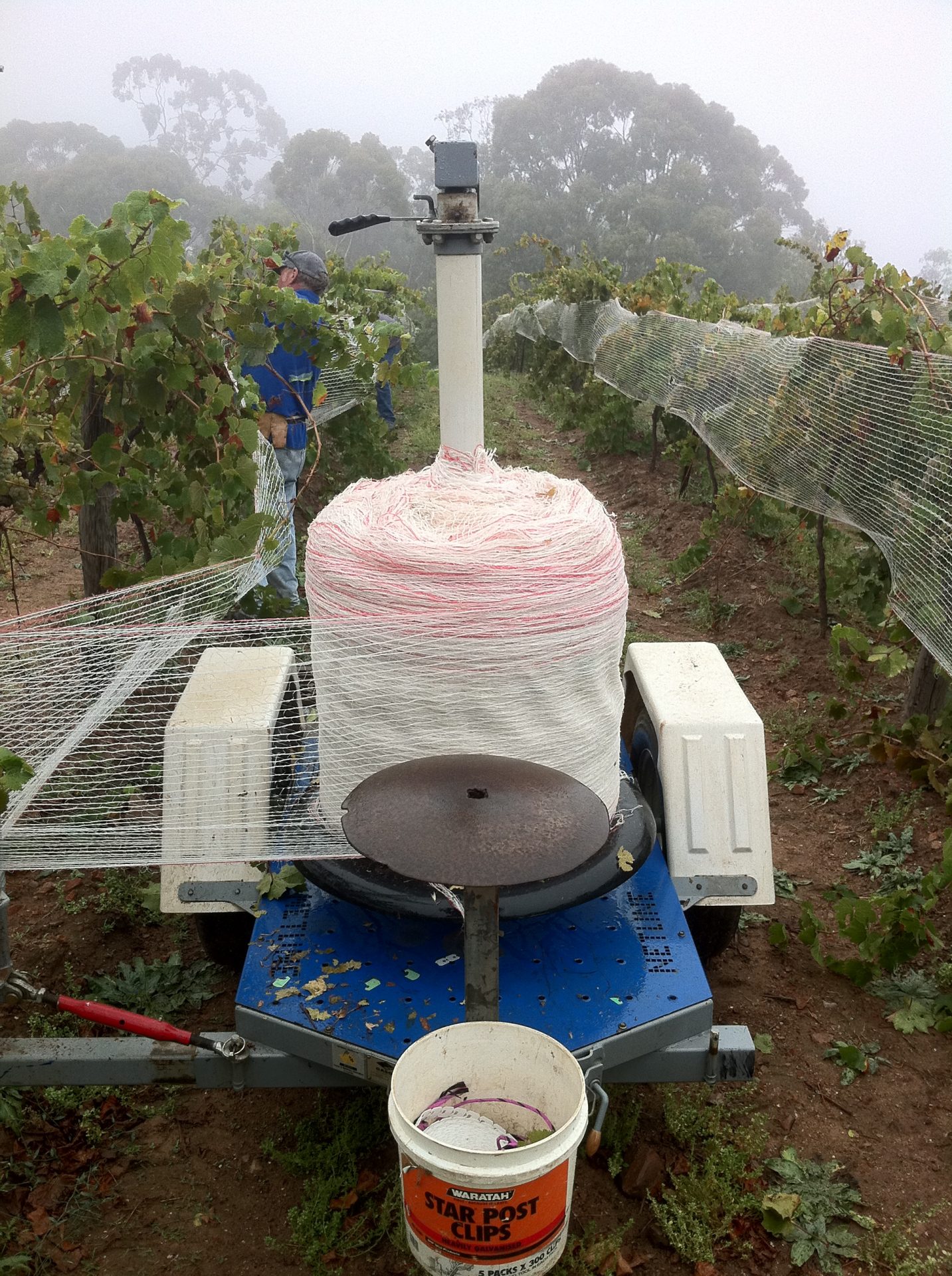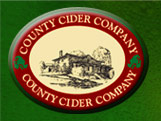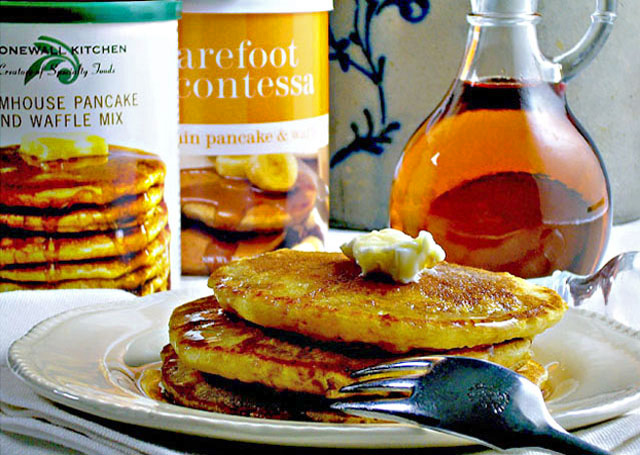By: Nicole Campbell
I am convinced time spent in harvest is equivalent to dog years.
Firstly, so much happens in a day that it makes a mockery of a normal, unsuspecting 24 hours.
Secondly, each day zooms by- as I assume a dog’s does- as it is filled with new, exciting things. [If you are a city-slicker wine geek who secretly loves doing manual labour, that is.]
Clean some tanks! *pant pant* Crush some grapes! *tail wag* Drive heavy machinery! *tail thwap* Test the juices! *slurp* Repeat! *woof woof*

Grape skins post press.
This week was full of much of the same routines, with some added fun. It began with a lesson in the realities of winemaking.
When does one pick grapes? When the sugar, acid, pH and taste are perfectly balanced, of course! The trouble is pesky Aussie boots- Rossi is my brand of choice- tend to rudely stomp on this pretty little grape shaped bubble.
There are inconveniences like not enough tanks to process everything when you’d like to… or the pickers only available certain days…or a broken truck… or in our case, a terrible dose of weather threatening to ruin everything.
With harvest going well and the northern, warmer vineyards picked, this week was meant to be a break from crushing, allowing the grapes time to achieve their peak ripeness. However, with 40-80 mm of expected rain for Tuesday, many riper grapes were under threat.

Ominous fog hangs over Riesling vines.
Riper Riesling grapes corespond to thinner skins, which are vulnerable to splitting in a downpour. Split grapes become rotten and shriveled. Beyond the lost split grapes, the winemaker must then wait at least 2 weeks to let the affected grapes dry out or else risk a few rotten grapes may spoil the juice. This waiting time may lead to overripe grapes, with their own host of problems.
With this in mind, Andrew Mitchell along with winemaker Simon went through each vineyard deciding which parcels had the least to gain in flavour and the most to lose in a downpour. Those grapes were picked in a flash Monday, the day spent crushing a ton- well, actually a couple- of Riesling grapes.
Rain did indeed come on Tuesday, but thankfully much less than expected. The rain did however stir up the Portugese millipede population serving to terrify the pathetic Canadian, much to the amusement of the locals.

Post rain garden party.
The rest of the week was spent cleaning, crushing, and netting the McNicol Riesling block, a cooler-vineyard that produces the Mitchell’s top white wine. The cooler temperature, means slower ripening- good for grapes, but also good for starling birds, who have that much longer to eat them!
To help the birds stave off diabetes, row upon row of Riesling is netted with the help of a tractor. The tractor lays the net, while two workers walk behind to clip the net in place. Improving from last week’s forklift driving, I learned to drive a tractor. A big, honking tractor!

The view from here.

The boys netting.
Needless to say, I am endlessly impressed with myself. What is less impressive are the giant spiders lurking between rows that have prompted me to carry a spider stick that I futiliy swap at thick webs.

Spider stick at the ready.
With disastor averted and sunny skies in the forecast all next week, we should be back to normal soon. See: busy, crushing machines. Before the rush, it’s a long weekend here in Australia and time to flee the tiny town of Clare for the big city lights of Adelaide!
 Nicole Campbell is a wine blogger and all around worker bee for Lifford Wine Agency, Ontario’s largest supplier of wine to the hospitality industry and VINTAGES. Currently living in Clare Valley, South Australia working her first harvest at Mitchell Wines. Follow her on twitter @liffordnicole.
Nicole Campbell is a wine blogger and all around worker bee for Lifford Wine Agency, Ontario’s largest supplier of wine to the hospitality industry and VINTAGES. Currently living in Clare Valley, South Australia working her first harvest at Mitchell Wines. Follow her on twitter @liffordnicole.








Trackbacks/Pingbacks